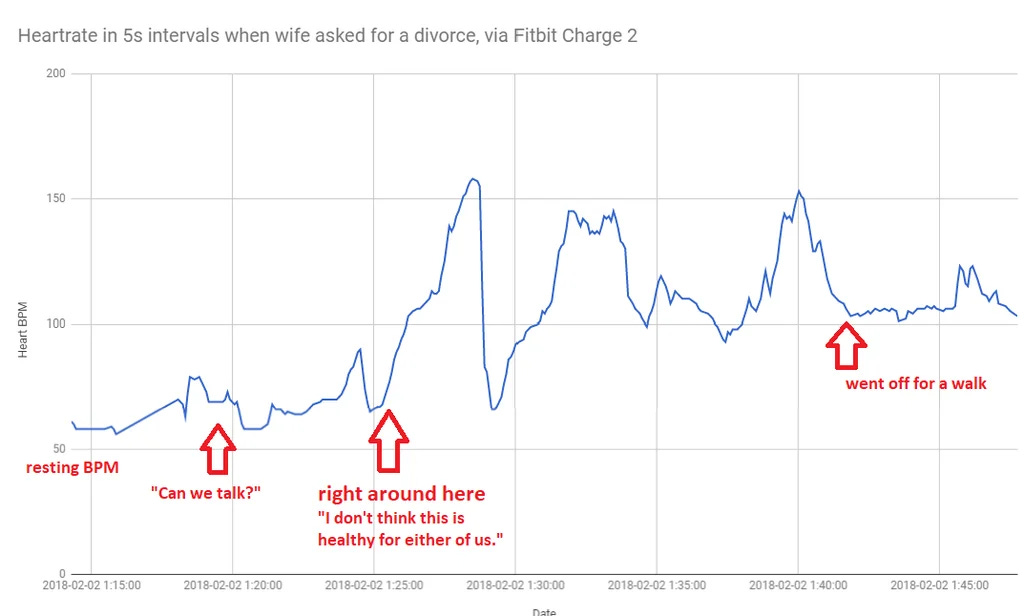Our final issue of 2024 ends with our recommendation for the best wearable review site, plus some links we think will be interesting to personal scientists.
Best self-tracking videos
If you're looking for a good self-tracking device, Rob ter Horst is hands-down the best practical information source to evaluate and compare. His YouTube channel is full of gems, including rigorous testing of various products which he compares to their clinical-grade equivalents.
For example, he recently looked at dozens of devices to see how well they compare to each other on tracking sleep stages. (tldr; get an Oura Ring)
If you're just looking for a single, general purpose self-tracking device, Apple Watch is best, though if you just care about serious fitness tracking go for Garmin.
Personal Science Links of Interest
Speaking of sleep tracking, Gary Wolf points to this recent academic review of sleep trackers that appears to show little utility for measuring sleep phases or wakeups, even for Oura Ring.
Dr. Lutz Karushar has an app that can make it easier for normal people to do n-of-1 experiments N-of-5 Minutes) podcast at statsof1.org
A Popular Science updated summary of the evidence for the five-second rule concludes with what we already knew: bacteria transfer very quickly, so once it’s on the floor you should assume it’s populated with microbes. (See a discussion of the similar issue of double-dipping in PSWeek241121, where we showed that acidic foods like salsa are much safer).
Like predicting the future? Long Bets is a “public arena for enjoyably competitive predictions”. For example: “By 2030, half the UK adult population will be vegan”. Somebody at Information Is Beautiful used that data to make a pretty chart of bets made in 2009 that turned out (mostly) wrong.
Speaking of measuring stuff, here’s somebody’s FitBit readings upon hearing his wife ask for a divorce (via AstralCodexTen (source)
From 100 Tricks to Appear Smart in Meetings
Use Venn Diagrams
Translate metrics into fractions (“1 in 4” instead of 25%)
Encourage everyone to “take a step back”
Nod continuously while pretending to take notes
Repeat the last thing the engineer said, but slowly
Ask “will this scale” no matter what it is
Pace around the room
Ask the presenter to go back a slide
Step out for a phone call
Make fun of yourself
About Personal Science
Until the term “scientist” was invented in the 1830s, people who took a systematic approach to understand the world were called philosophers. Natural philosophers were those, like Isaac Newton, who specifically applied themselves to understanding the physical world around us. Now that we have the word “scientist”, what do you call a philosophy that tries to apply rational thinking to every part of daily life? We call it Personal Science, and this newsletter tries to be a brief, weekly summary of the consequences of that approach, hopefully in a way that will be interesting to others who are just as curious as we are.
If you have other topics you’d like to discuss, please let us know.





